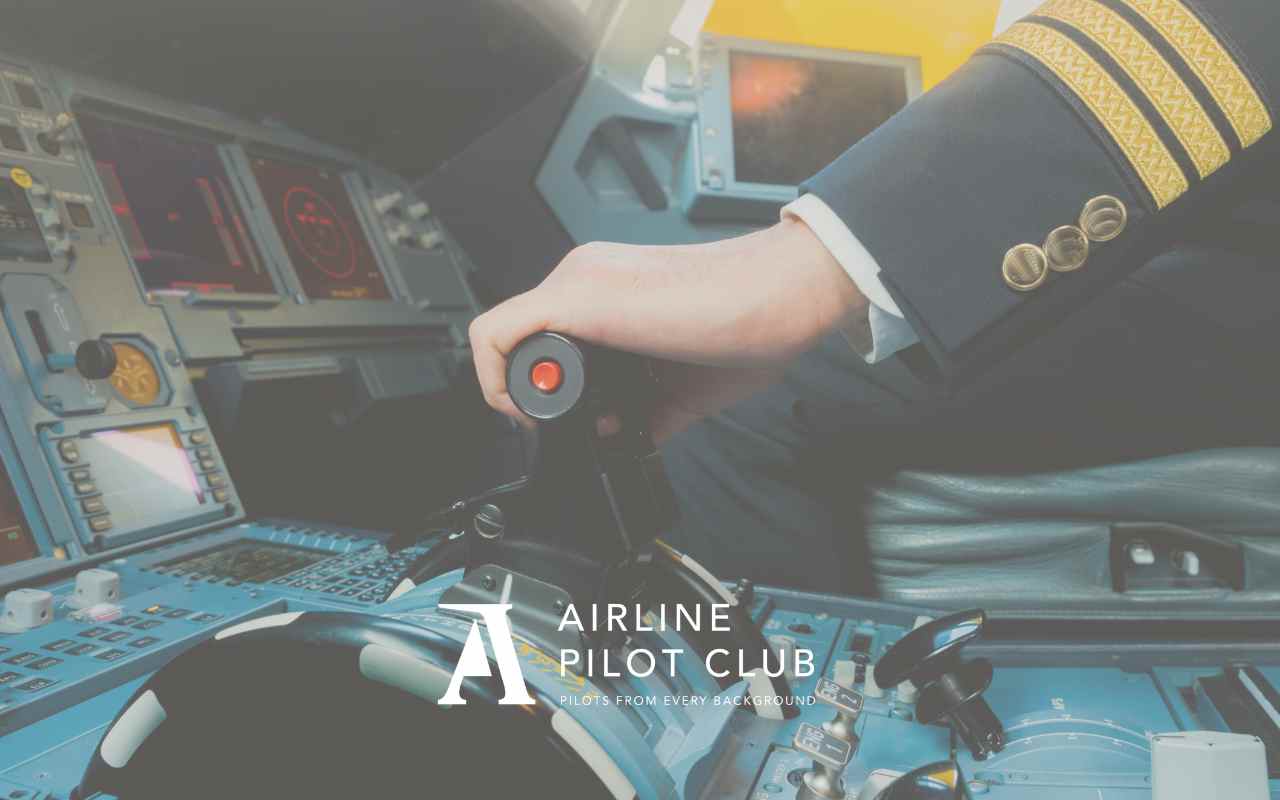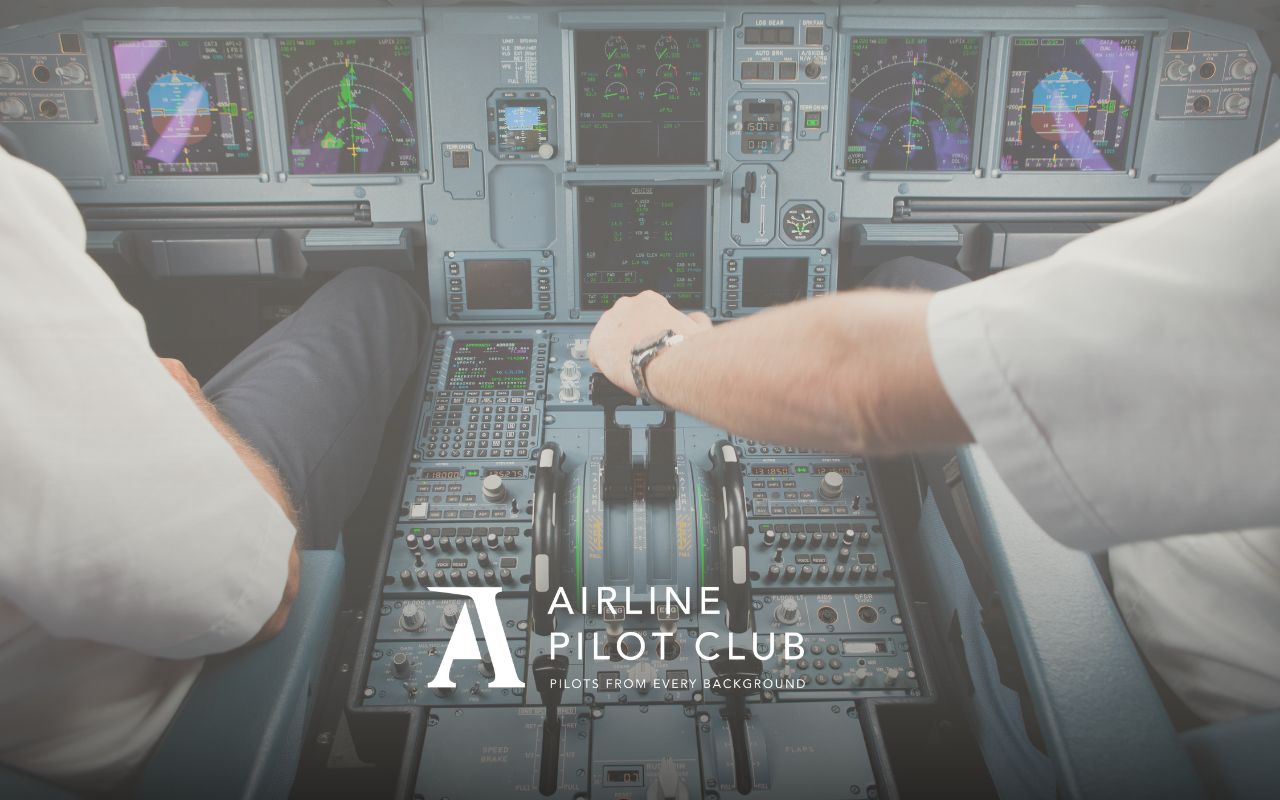David Learmount/London
Anyone embarking on a pilot training course would benefit from understanding why it is designed as it is, how the standards were agreed, and by whom.
Surely learning to fly is a simple concept? They show you how to fly, you show them you can fly, you get a licence.
In real life, decisions about human performance standards are a matter of social philosophy, especially when the performance in question has to be judged suitable for operating in the public domain. Societies decide how good they want their commercial pilots to be, using their national expert aviation agencies for advice and oversight. Overseeing all these is a branch of the United Nations called the International Civil Aviation Organisation (ICAO).
ICAO doesn’t make aviation law. It’s a global forum located in Montréal at which the international aviation world debates and decides what aviation’s standards should be, then publishes recommendations accordingly defining all aspects of aviation airworthiness and operations. These are called standards and recommended practices (SARPs), and the world’s nations all sign up to the ICAO treaty, thus agreeing to base their own aviation laws on the SARPs. The end result is intended to be that all nations regulate their aviation organisations to very similar standards, which is essential for such an international industry.
Of course, pilot training standards are set by SARPs, but SARPs - like the basis for all laws - sets minimums. You, or your employer, are free to aim higher, and any flight training organisation (FTO) or airline worth its salt will do just that. Not all do, however.
As aviation develops, SARPs are updated according to changes, whether technological or operational. That applies to training too.
The training to enable crews to operate today’s highly reliable but technologically complex jet aircraft is different from that required for pilots preparing for mechanically unreliable pre-digital era aircraft, particularly the vintage piston-powered airliners for which the requirements were originally drawn up.
In the early years of this century the changing training needs were becoming apparent, because serious accidents were often caused by a lack of pilot knowledge, skill, teamwork and problem-solving. As a result, today’s practice of competency-based training and assessment (CBTA) was drawn up and meticulously defined.
The word competency in CBTA still causes confusion. After all, pre-CBTA pilots passed their knowledge and skills tests, didn’t they? So, surely, they must have been competent?
Many of them were indeed competent, but others had learned their knowledge by rote and passed their handling tests by not failing them. Solid knowledge, understanding, and the resilience needed to cope with high workload or emergencies was simply not there. Their schools may have done them a disservice by simply training them to pass tests, maybe because that is all they could realistically achieve. Not all healthy, intelligent people have the aptitudes for professional piloting.
Today’s CBTA is more searching. A good FTO no longer ticks syllabus boxes and moves on, every stage is written up in detail.
You will learn just how much detail when you carry out your Pathway to Pilot Competence Course, which contains the Nine Essential Pilot Competencies. Those define what is expected of the modern airline pilot. It’s a lot.

.png)


